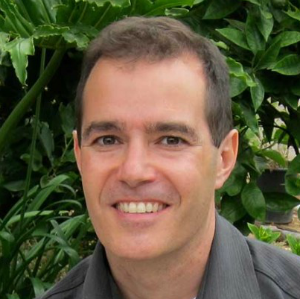Professor Jacoby received his A.B. in 1987 from Brown University and his Ph.D. in American history in 1997 from Yale University. After a year as a visiting assistant professor at Oberlin College, he returned to Brown as an assistant professor of history in 1999 and was named full professor in 2009. In the fall of 2012, he moved to Columbia University, where he currently serves as the Allan Nevins professor of American History and Co-Director of the Center for the Study of Ethnicity and Race (CSER). He is the author of three award-winning books, Crimes Against Nature: Squatters, Poachers, Thieves, and the Hidden History of American Conservation (University of California Press, 2003), Shadows at Dawn: A Borderlands Massacre and the Violence of History (Penguin Press, 2008), and The Strange Career of William Ellis: The Texas Slave who became a Mexican Millionaire (W.W. Norton, 2016) as well as numerous essays and reviews. He has held Fellowships from Guggenheim Foundation, The Huntington Library, The Cullman Center and The National Endowment for the Humanities.

Professor Jacoby received his A.B. in 1987 from Brown University and his Ph.D. in American history in 1997 from Yale University. After a year as a visiting assistant professor at Oberlin College, he returned to Brown as an assistant professor of history in 1999 and was named full professor in 2009. In the fall of 2012, he moved to Columbia University, where he currently serves as the Allan Nevins professor of American History and Co-Director of the Center for the Study of Ethnicity and Race (CSER). He is the author of three award-winning books, Crimes Against Nature: Squatters, Poachers, Thieves, and the Hidden History of American Conservation (University of California Press, 2003), Shadows at Dawn: A Borderlands Massacre and the Violence of History (Penguin Press, 2008), and The Strange Career of William Ellis: The Texas Slave who became a Mexican Millionaire (W.W. Norton, 2016) as well as numerous essays and reviews. He has held Fellowships from Guggenheim Foundation, The Huntington Library, The Cullman Center and The National Endowment for the Humanities.

